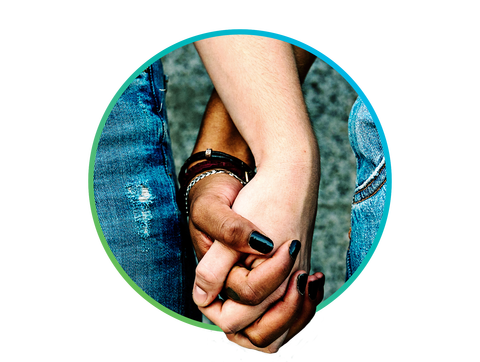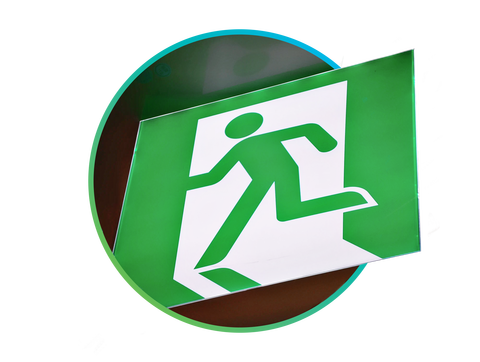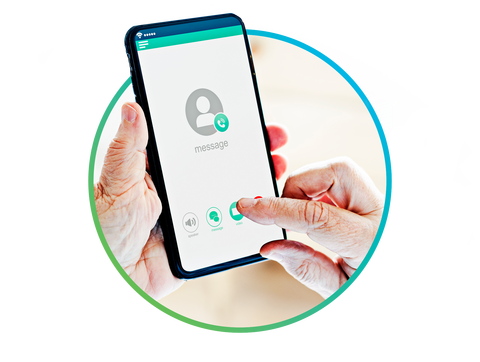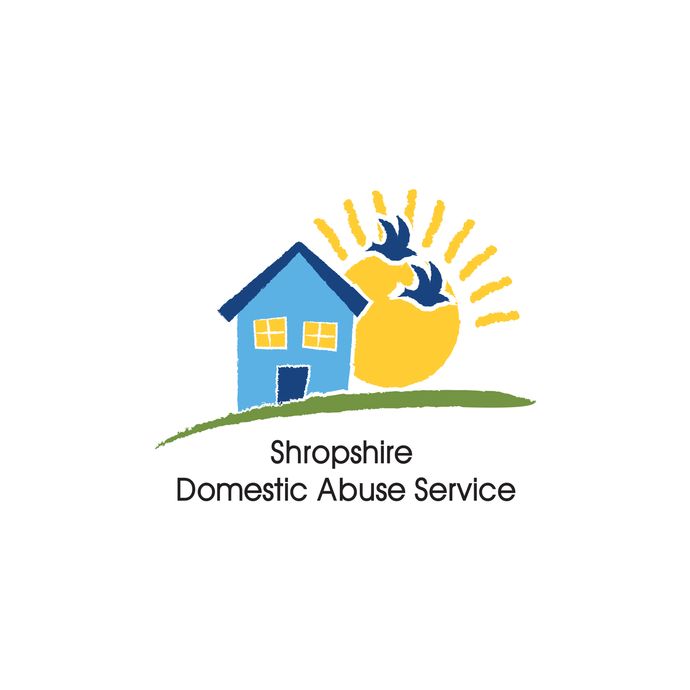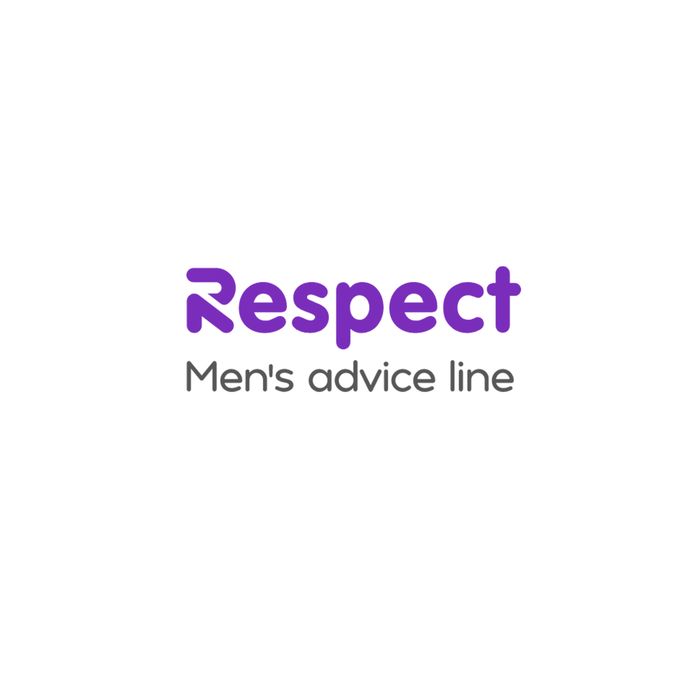Domestic Abuse Support
If you're a victim of domestic abuse and violence, or know someone who is, there is help available to escape. In an emergency always dial 999.
Image
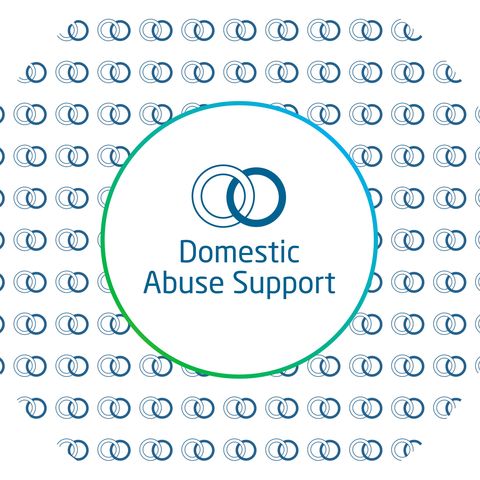
What is domestic abuse?
Domestic abuse is any type of controlling, bullying, threatening or violent behaviour between people in a romantic relationship or between close family members. It can be:
- Physical
- Emotional
- Sexual
- Financial
- Digital abuse (using social media or mobile phones)
Domestic abuse is:
- A repeated pattern of behaviour with a clear intention of trying to hurt or upset the person they are in a relationship with
- Always about one person trying to control the other person
Relationships shouldn't be scary.
Support for someone else
Visit Rachel's site here - sutda.org
Support for you
Get help
| Shropshire Domestic Abuse Service - Shropshire | 0300 303 1191 |
| West Mercia Women’s Aid - Herefordshire - Women only | 0800 783 1359 |
| Mens Advice Line - UK - Men only | 0808 8010327 |

